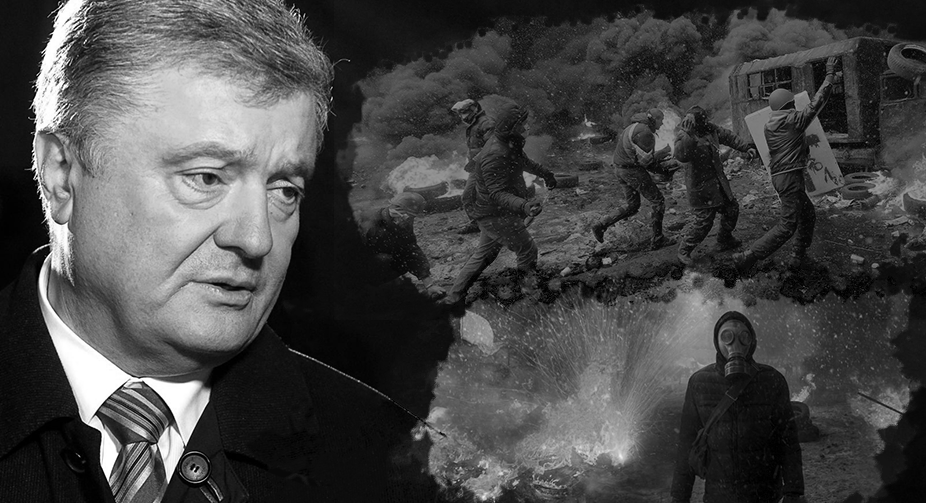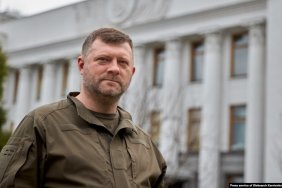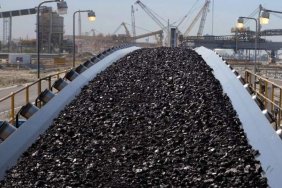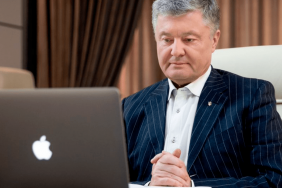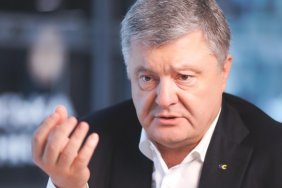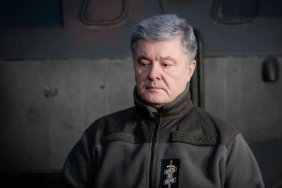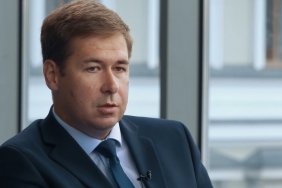The accusation of financing terrorists on the territory of Luhansk and Donetsk regions, brought by the Prosecutor's Office of Ukraine against the fifth President Petro Poroshenko, raises more questions than the accusation of illegal purchase of coal on the territory of Luhansk and Donetsk. Political analyst Maksym Vozniuk believes that the "coal case," in which Petro Poroshenko is involved along with Viktor Medvedchuk, Serhiy Koziar and former Energy Minister Volodymyr Demchyshyn, will require both criminal and political investigation.
Can we call the criminal case against Poroshenko a politically motivated case?
It depends on what to call political background. The case concerns the president, and a politician cannot avoid political issues. So, naturally, from this point of view, we can call the process a case with "political overtones. Poroshenko is accused of collusion with Medvedchuk in supplying coal from the so-called DNR and LNR. The state paid a lot of money for this - up to one and a half billion hryvnias. But this case has been known for a long time - back in 2014-2015, the Ukrainian publication Ukrainska Pravda published an investigative journalism on these topics. In particular, it said that the Ukrainian government refused to supply coal from South Africa in favor of coal supplies from non-controlled territories. It was reported that the main actor in the implementation of this scheme was Medvedchuk, who acted as the main negotiator between the Ukrainian and Russian authorities, as well as the authorities of these two unrecognized entities in eastern Ukraine.
Then audio recordings appeared on Bihus.Info that recorded Medvedchuk directly talking to representatives of the "republics" about that scheme. And Medvedchuk's voice says that he is doing this with the knowledge and approval of the President of Ukraine. As a matter of fact, Medvedchuk is in custody today on this charge, and Poroshenko is now the defendant on the same case.
Could Zelensky's personal motives have played a role?
To what extent Zelensky's motives are personal is another topic, but it also has a right to life. This consideration should be linked to the fact that even during the election Zelensky said to Poroshenko: "I am your judgement". He meant that the voters who vote for him do not want Poroshenko as president. And a certain number of those voters want to see Poroshenko perhaps behind bars as well. These expectations have indeed taken place. Because there is great doubt in Ukrainian society that Poroshenko has gained his capital by honest work during all his years in power. This is not how oligarchs make their money.
How necessary do you think these coal shipments were for the Ukrainian state? Maybe there was no other choice?
If we talk about the technical side of the question, then, not being an energy expert, I can't give an exhaustive answer to this question. But it is unlikely that there was such a need, since there was already an agreement with South Africa on the supply of coal. For its part, Poroshenko's defense now naturally insists that this supply was necessary to provide Ukraine with energy. If we take the political side of the case, it is also quite complicated, because in 2015 there was a blockade of trade between Ukraine and the rebel territories. And then the government, represented by Poroshenko, defended the need to trade with those "republics" that were at war with the Ukrainian state with the support and participation of Russia. That is, I do not believe that necessity prevailed over national interests.
The State Bureau of Investigation claims that Poroshenko financed terrorist organizations in the rebel territories?
Well, of course he did! What else was the money paid by the state of Ukraine used for? Surely it must have gone to support the terrorist regimes that remain in power in these rebel territories.
So, can we say that Poroshenko was motivated to finance these terrorist organizations?
I think that Poroshenko had one motivation - his own thirst for profit. Whether or not he received a percentage in the process will be determined by investigation. But most likely, his interest was purely economic - the improvement of his own well-being. To what extent Medvedchuk's share was there - this too must be established by the investigation. But I don't think there was a purpose to finance these unrecognized republics, so that they could provide effective resistance to Ukraine. This is a very stupid scheme, it could hardly have occurred to anyone. Knowing Poroshenko, I am still inclined to believe that he was driven solely by the desire to increase his wealth.
Has Poroshenko done more harm with these deals or done more good as commander-in-chief of the army?
This question arose long ago, and there is still a debate about the extent to which the Ukrainian army has improved under Poroshenko. Yes, of course, the army has strengthened and the country's defense capability has increased. But whether this was Poroshenko's merit, and how much he was interested in it, is a big question. Because there is an opinion that he used increase of defense capacity only as a PR move, at the expense of which he had political dividends. But whether it was a strategic goal that Poroshenko set for himself is a big question.
But under Poroshenko many territories have been liberated.
It is difficult to judge, because the line of confrontation was constantly changing. But everyone remembers Ilovaysk and Debaltsevo, where Ukrainian troops suffered both tactical and strategic defeats. And at the same time Poroshenko, as it turned out later, was busy with either his offshore deals or the Minsk agreements, from which it is unclear how Ukraine will come out... they have already stuck their head in this yoke, and now it is unclear whether to go along with Russia, implementing these agreements or to change them. That is, it was a failed idea from the beginning. What territories have been occupied? It's hard to say. Ukraine was pushing back the separatists' positions then, but what percentage of territory it liberated under Poroshenko is a big question.
Recall that Petro Poroshenko received at the end of 2021 notice that he is suspected of crimes under parts 1 and 3 of Article 258-5 (Financing of terrorism), part 1 of Article 111 (Treason), and part 1 of Article 258-3 (Establishment of a terrorist organization) of the CCU.
On 17 January, Poroshenko arrived in Ukraine from Poland and appeared at a pre-trial hearing of the Pecherskyy court, where he was to choose a measure of restraint. The prosecutor's office asked the court to arrest Poroshenko with an alternative to bail of 1bn hryvnyas.
The court postponed the decision on the preventive measure until January 19.
